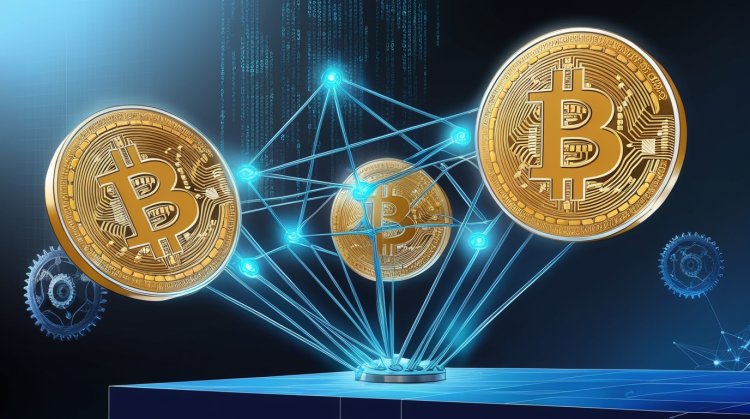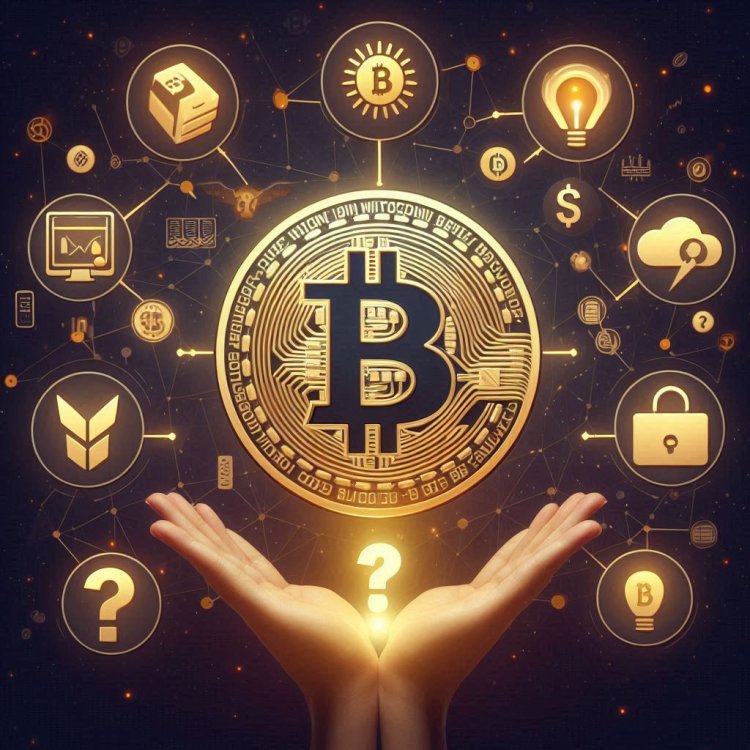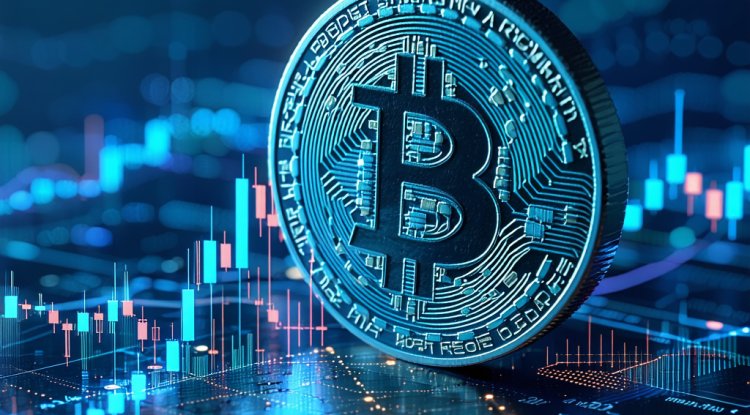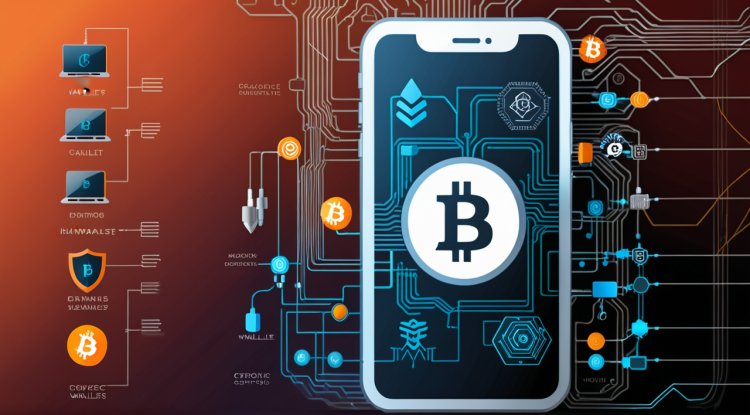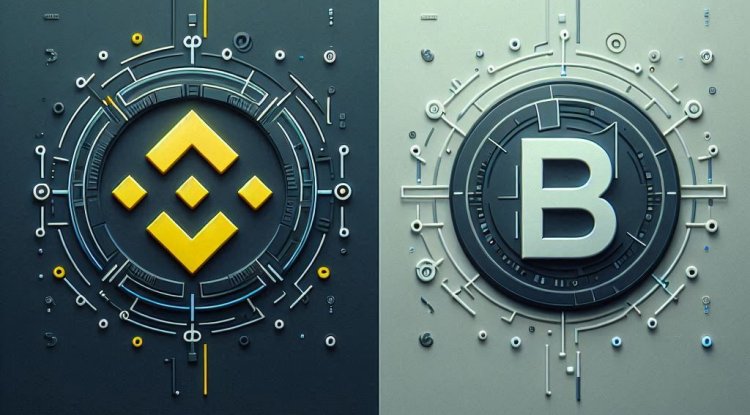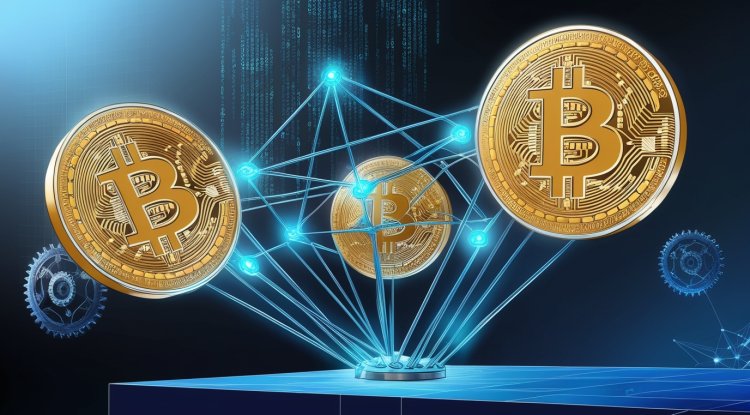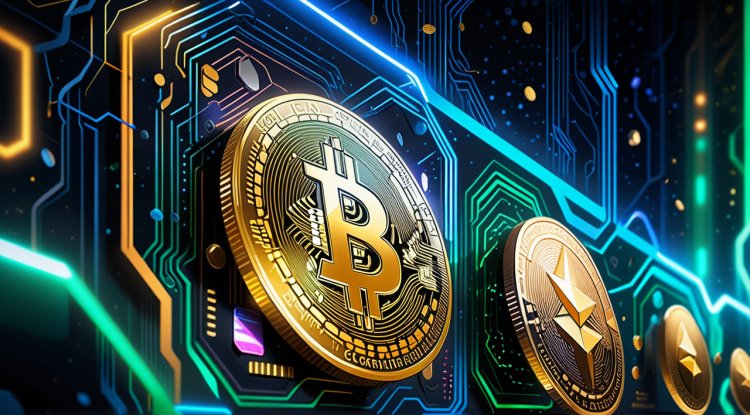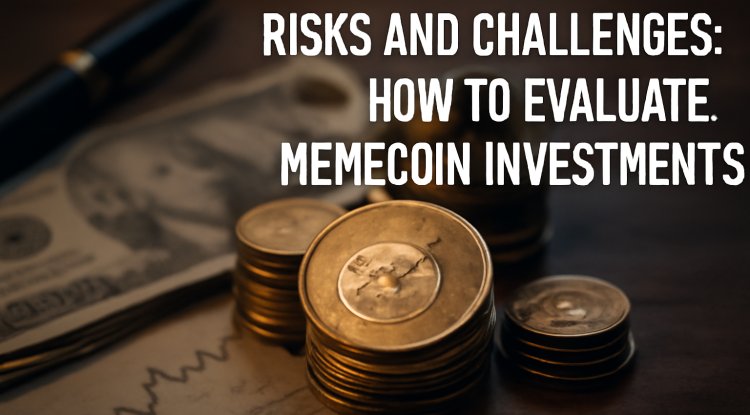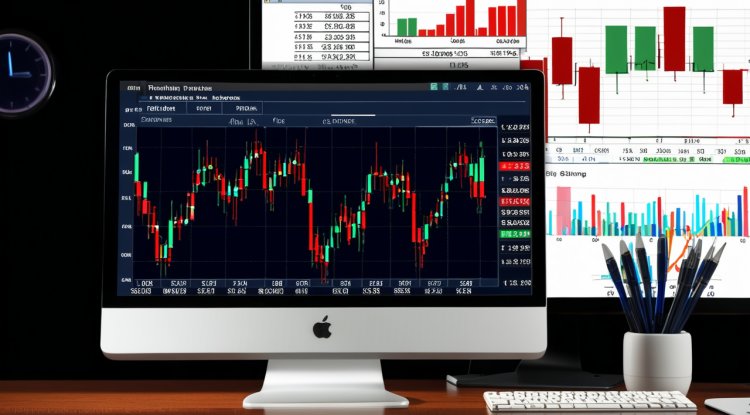DEXs Explained: The Ultimate No-BS Guide to Peer-to-Peer Crypto Trading
Dive into Decentralized Exchanges (DEXs)! Learn how they work, the pros & cons vs. CEXs, and how to trade crypto securely without a middleman. Your ultimate 2025 guide.

Table of Contents
-
Intro: So, Why Are DEXs Such a Big Deal?
-
WTF is a Decentralized Exchange (DEX)?
-
How DEXs Actually Work: The AMM Magic
-
The Old School Way: Order Books
-
The Game Changer: Liquidity Pools & AMMs
-
-
DEX vs. CEX: The Head-to-Head Showdown
-
The Upside: Why You'll Love DEXs
-
The Downsides & Risks (Don't Get Rekt)
-
Your Map to the DEX Ecosystem
-
How to Make Your First Swap: A Step-by-Step Guide
-
The Future is Decentralized: What's Next?
-
The Final Verdict: Are DEXs for You?
-
FAQ: Quick Answers to Big Questions
1. Intro: So, Why Are DEXs Such a Big Deal?
For the longest time, centralized exchanges (CEXs) like Binance or Coinbase were the only game in town for trading crypto. They're easy to use, but they operate like old-school banks: you hand over your assets, and they handle everything. The problem? That model comes with serious risks. We've all seen the headlines about exchange hacks, frozen accounts, and collapses that wipe out user funds.
Decentralized Exchanges (DEXs) flip the script entirely. They're built around the most important rule in crypto: "Not your keys, not your crypto." DEXs put you back in the driver's seat. This isn't just a small upgrade; it's a revolutionary new way to trade.
2. WTF is a Decentralized Exchange (DEX)?
Long story short, a DEX is a trading platform that runs directly on the blockchain using smart contracts. There's no CEO, no company servers holding your crypto, and no need to hand over your personal info (KYC).
The key feature here is that they're non-custodial. Your crypto stays in your personal wallet until the exact moment you make a trade. You're trading directly with other users (peer-to-peer), and the smart contract is just the trustless robot in the middle making sure everything goes smoothly.
3. How DEXs Actually Work: The AMM Magic
The Old School Way: Order Books
The first DEXs tried to copy the "order book" model from stock exchanges, matching buy orders with sell orders. But on the blockchain, this was painfully slow and crazy expensive. Every single action cost a transaction fee (gas). It was a total bust.
The Game Changer: Liquidity Pools & AMMs
The real breakthrough came with the Automated Market Maker (AMM). AMMs ditch the order book entirely and use liquidity pools instead.
Here’s how it works, broken down:
-
Creating the Pool: Regular users, called Liquidity Providers (LPs), deposit a pair of tokens of equal value (e.g., $1,000 of ETH and $1,000 of USDC) into a smart contract. This creates a "pool" of funds.
-
Why Bother Being an LP? For providing their assets, LPs get a cut of the trading fees from every swap made in that pool. It's a way to earn passive income on the crypto you're already holding.
-
Making a Trade: When you want to swap USDC for ETH, you're not trading with another person. You're trading with the pool. You add your USDC to the pool and take out the equivalent amount of ETH.
-
Pricing It Right: A simple math formula (like
x * y = k) in the smart contract automatically adjusts the price based on the ratio of the two assets in the pool. When people buy a lot of ETH, its price goes up.
This slick system, made famous by Uniswap, is what made decentralized trading fast, efficient, and open to everyone.
4. DEX vs. CEX: The Head-to-Head Showdown
5. The Upside: Why You'll Love DEXs
-
You're the Bank: Total Control & Security: You hold the keys, you control the crypto. No more sleepless nights worrying about your exchange getting hacked.
-
Permissionless Playground: Trade Anything: Anyone can list a token on a DEX. This is where you find brand new, high-potential projects before they hit the big leagues.
-
Privacy is King: Trade without anyone knowing who you are.
-
Unstoppable & Transparent: DEXs can't be shut down by a government or a company. Every transaction is public on the blockchain for anyone to verify.
6. The Downsides & Risks (Don't Get Rekt)
This freedom comes with responsibility. DEXs have their own unique set of traps for new players.
-
The LP's Nightmare: Impermanent Loss: This is a huge risk for liquidity providers. If the price of the tokens in the pool changes dramatically, you could end up with less value than if you had just HODL'd them in your wallet. The fees you earn might not be enough to cover this loss.
-
Price Shock: Slippage: This is the difference between the price you see and the price you actually get. On tokens with low liquidity, a big trade can drastically change the price, leaving you with fewer tokens than you expected.
-
The Toll Booth: Gas Fees: Every action on a DEX costs a gas fee. On Ethereum during peak hours, these fees can be insane, making small trades pointless. The fix? Using Layer 2 networks (like Arbitrum, Optimism) or other blockchains where fees are pennies.
-
Scams and Rug Pulls: Because anyone can list a token, the space is full of scams. A "rug pull" is when developers list a token, get people to invest, and then drain all the liquidity, leaving investors with worthless bags.
7. Your Map to the DEX Ecosystem
-
The OG (Ethereum): Uniswap is the king. It’s the original and most trusted AMM with the deepest liquidity on Ethereum.
-
The Low-Fee Alternatives: PancakeSwap (BNB Chain), Trader Joe (Avalanche), and Orca (Solana) offer a similar experience with much faster and cheaper transactions.
-
The Ultimate Life Hack: DEX Aggregators: Platforms like 1inch and Matcha are the secret weapon for savvy traders. They scan all the major DEXs at once to find you the absolute best price for your swap. If you're new, start here. Think of them like Kayak or Skyscanner for crypto.
8. How to Make Your First Swap: A Step-by-Step Guide
-
Get a Wallet: Install a self-custody wallet like MetaMask (for browsers) or Trust Wallet (for mobile). Write down your seed phrase on paper and hide it. Seriously. Never share it, never screenshot it. This is your master key.
-
Load It Up: Send some of the network's native token (like ETH for Ethereum) to your wallet to pay for gas fees. Then, send the crypto you want to trade.
-
Connect to a Platform: Go to a DEX aggregator like 1inch, click "Connect Wallet," and approve the connection in your wallet's pop-up.
-
Swap Away: Choose the tokens you want to swap and enter the amount. The platform will show you the rate. Click "Swap," then "Confirm" the transaction (and the gas fee) in your wallet.
9. The Future is Decentralized: What's Next?
-
The Move to Layer 2s: Most trading is moving to Layer 2 networks. This means DEX trades will feel just as fast and cheap as on a CEX.
-
Cross-Chain Trading: The holy grail. The ability to seamlessly swap tokens across different blockchains (like swapping Solana for an asset on Ethereum) without risky bridges.
-
More Capital Efficiency: New DEX models are letting LPs earn more rewards with less capital, making the whole system more efficient.
10. The Final Verdict: Are DEXs for You?
DEXs are the heart and soul of Decentralized Finance (DeFi). They offer incredible freedom and control, but they expect you to know what you're doing.
-
DEXs are for you if: You value self-custody above all else, want access to the newest tokens, and are comfortable managing your own keys.
-
CEXs might be better if: You're a total beginner who values ease of use and customer support, and you don't mind trusting a third party with your funds.
At the end of the day, it all boils down to one thing: control vs. convenience.
11. FAQ: Quick Answers to Big Questions
1. Do I need to do KYC (give my ID) to use a DEX? Nope. Your wallet is your identity. It's permissionless and private.
2. Can you explain Impermanent Loss like I'm five? Imagine you put one apple and one banana (worth $1 each) into a pool. The next day, bananas become super popular and are now worth $4. The pool's math forces it to sell some of your valuable bananas to keep things balanced. If you pull your funds out now, you might have fewer dollars' worth of fruit than if you had just held onto your original apple and banana. That difference is impermanent loss.
3. Why are gas fees so freaking expensive? It's supply and demand. The blockchain has limited space, and when everyone wants to make a transaction at once, they bid up the price (gas fee) to get included. Use a Layer 2 network to avoid the high fees.
4. How do I avoid getting scammed on a DEX? DYOR (Do Your Own Research). Never ape in to a random token you saw on Twitter. Always double-check the token's contract address on a site like Etherscan or CoinGecko. If a deal looks too good to be true, it's almost always a rug pull.
Share
What's Your Reaction?
 Like
0
Like
0
 Dislike
0
Dislike
0
 Love
1
Love
1
 Funny
0
Funny
0
 Angry
0
Angry
0
 Sad
0
Sad
0
 Wow
0
Wow
0
